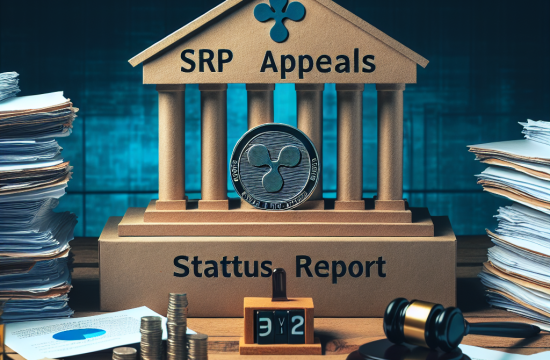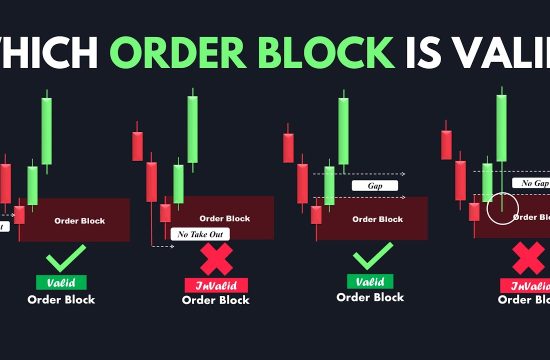Market Trends and Bitcoin Prices
Understanding Market Trends
From my experience, getting a grip on market trends is crucial. It’s not just about the numbers; it’s about understanding what sits behind them. When economic indicators like GDP (Gross Domestic Product) start moving, they create ripples. Positive GDP growth can imply a robust economy, prompting more people to invest in assets like Bitcoin, driving its price up. Conversely, when GDP figures slump, it can cause fear and uncertainty, which might lead investors to sell off their crypto holdings.
You must look at these trends in a broader context. For instance, when traditional stock markets are booming, many investors feel secure and are more likely to venture into riskier assets such as Bitcoin. They treat it as a hedge against potential downturns in their traditional investments. I’ve seen this firsthand; when stocks take off, Bitcoin often rides that wave, while during corrections, it takes a hit.
In the end, paying attention to market trends helps align your crypto investments with the broader economic climate. It’s all about staying informed and being adaptable to changing conditions!
Inflation Rates and Their Impact
The Connection Between Inflation and Bitcoin
Inflation rates play a significant role in how Bitcoin performs. It’s like a dance between the dollar’s weakening strength and Bitcoin’s rise. When inflation indicators shoot up, people often seek out alternative investments to safeguard their wealth. That’s where Bitcoin steps into the limelight as a so-called ‘digital gold’. Personally, when I see inflation rates climbing, I feel a strong inclination to check on my Bitcoin investments, because they often appreciate when traditional currencies lose value.
Furthermore, with rising inflation, central banks might attempt to control it by tightening monetary policies. This can lead to changes in interest rates, heightening the risk of a bear market for traditional assets. So, naturally, many folks turn to Bitcoin, driven by a mix of fear of currency depreciation and the chasing of opportunity in a potentially volatile investment landscape. This connection is vital to grasp, as it can help you make informed decisions on when to buy or hold.
You want to always stay two steps ahead, right? Understanding inflation’s impact allows you to calibrate your investment strategy. And let’s be real: no one wants to get caught off-guard when economic tides shift!
Employment Figures and Consumer Confidence
Employment Statistics as an Indicator
When we talk about employment figures, we’re diving into an essential aspect of the economy that shapes consumer confidence. For me, when I hear that unemployment is low, it’s typically a signal of economic health. More jobs equate to more disposable income, which hints that people might be willing to experiment with investments, including Bitcoin.
On the contrary, high unemployment rates can lead to a sense of panic in the market. When people feel unsure about their financial security, they tend to hold tight to their cash rather than investing it. Even I’ve been there—when I see layoffs or poor job reports, I sometimes pull back on adventurous investments. Understanding this element allows us to gauge when it might be the right time to dive into the market.
Hence, observing employment figures is not merely about staying updated; it’s about tapping into the human psyche and predicting market behaviors. It’s amazing how interconnected our economic status and investment strategies can be!
Central Bank Policies and Interest Rates
The Influence of Central Banks
Central banks are like the puppet masters of the economic stage, and their policies heavily influence Bitcoin prices. For someone like me who follows economic indicators closely, understanding central bank decisions provides a lot of clarity in navigating my investment choices.
The banks can change interest rates based on inflation and economic growth projections. For instance, lower interest rates are often conducive to higher Bitcoin prices, as they make borrowing cheaper and encourage spending and investment. I know I’m not the only one who feels more optimistic about investing in crypto when money is cheap and accessible!
On the flip side, if central banks hike interest rates, it can sour the mood in the market, causing investors to pull back. It makes sense—when savings earn better returns elsewhere, Bitcoin can lose its allure. So, I always keep an ear to the ground regarding central bank news to stay ahead of any potential market shifts!
The Role of Global Events
Understanding Global Economic Events
Lastly, global events significantly sway Bitcoin prices. We’re living in a world where political unrest, natural disasters, and pandemics can create economic ripples. Whenever there’s uncertainty, I find that many investors flock to Bitcoin as a safe haven. It may sound cliche, but it’s like the mantra of our times!
From the pandemic to geopolitical tensions, these events often lead to increased volatility, and in my experience, Bitcoin can either react dramatically or be a stabilizing force, depending on the situation. I recall during the COVID-19 outbreak, when the market took a nosedive, Bitcoin was initially hit hard too. But soon after, we saw a surge, highlighting its appeal as a non-traditional asset during chaotic times.
Staying updated on global happenings is essential if you want to navigate the Bitcoin landscape effectively. Knowing when to buy or sell, depending on global shifts, can truly make a difference in your portfolio!
Frequently Asked Questions
1. How do economic indicators influence Bitcoin prices?
Economic indicators like GDP growth, inflation rates, and employment figures provide insights into the overall health of the economy, which can influence investor behavior and ultimately affect Bitcoin prices.
2. What role do inflation rates play in Bitcoin investments?
When inflation rises, investors often turn to Bitcoin as a way to safeguard their wealth, believing its value will appreciate as traditional currency values decline.
3. How can employment figures affect Bitcoin prices?
Low unemployment rates typically boost consumer confidence, encouraging people to invest in assets like Bitcoin. Conversely, high unemployment might lead to caution and reduced investment activity.
4. Why are central bank policies important for Bitcoin investors?
Central banks control interest rates, impacting borrowing costs and investor behavior. Lower rates often lead to increased investments in Bitcoin, while higher rates can dampen enthusiasm for riskier assets.
5. How do global events affect Bitcoin?
Global events can create uncertainty and volatility, causing investors to flock to Bitcoin as a safe haven. Understanding these events helps investors navigate the Bitcoin market with more confidence.
Related Content
- Digital Euro Association Partners With HBAR Foundation to Boost Understanding of CBDCs and Stablecoins
- Bankrupt Crypto Firm Voyager Digital Approved to Release $270 Million in Cash Deposits
- Russian Arrested for Defrauding Buyers of Mining Hardware Worth Over $300,000
- Binance Auto-Invest Tutorial 2024 (Crypto DCA on Binance)
- How to Sell Crypto on Binance (Cheapest Way!!)









